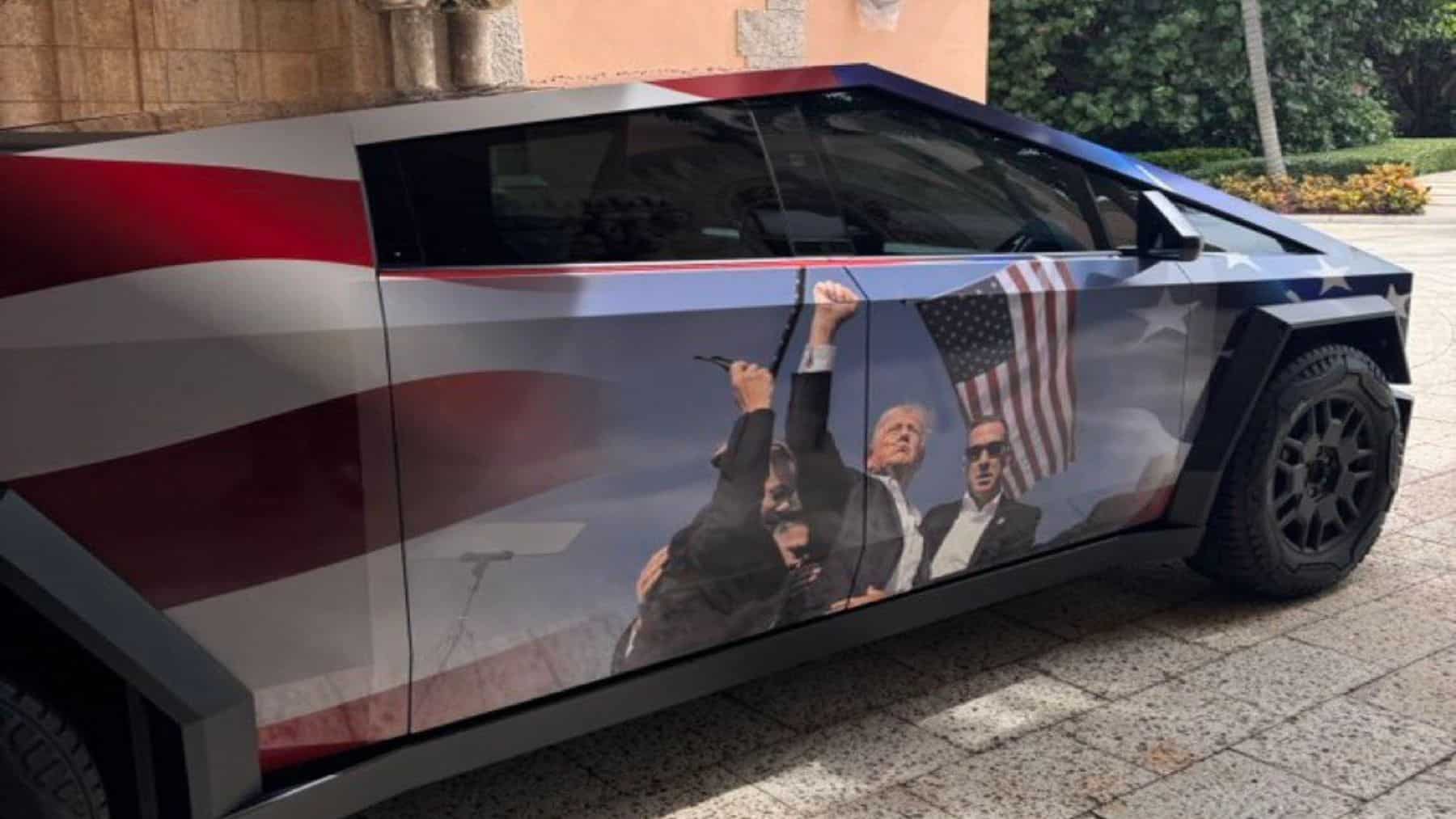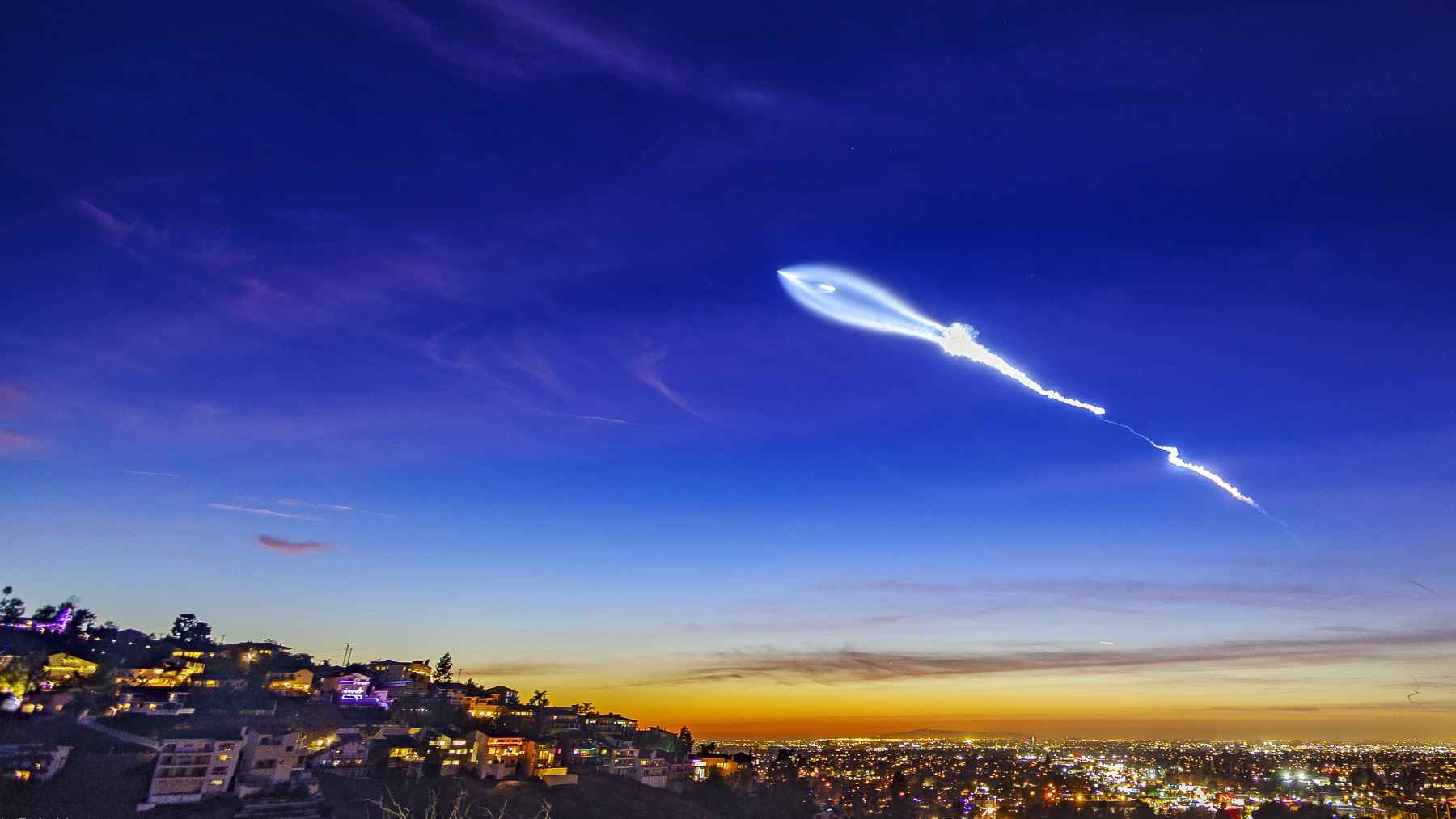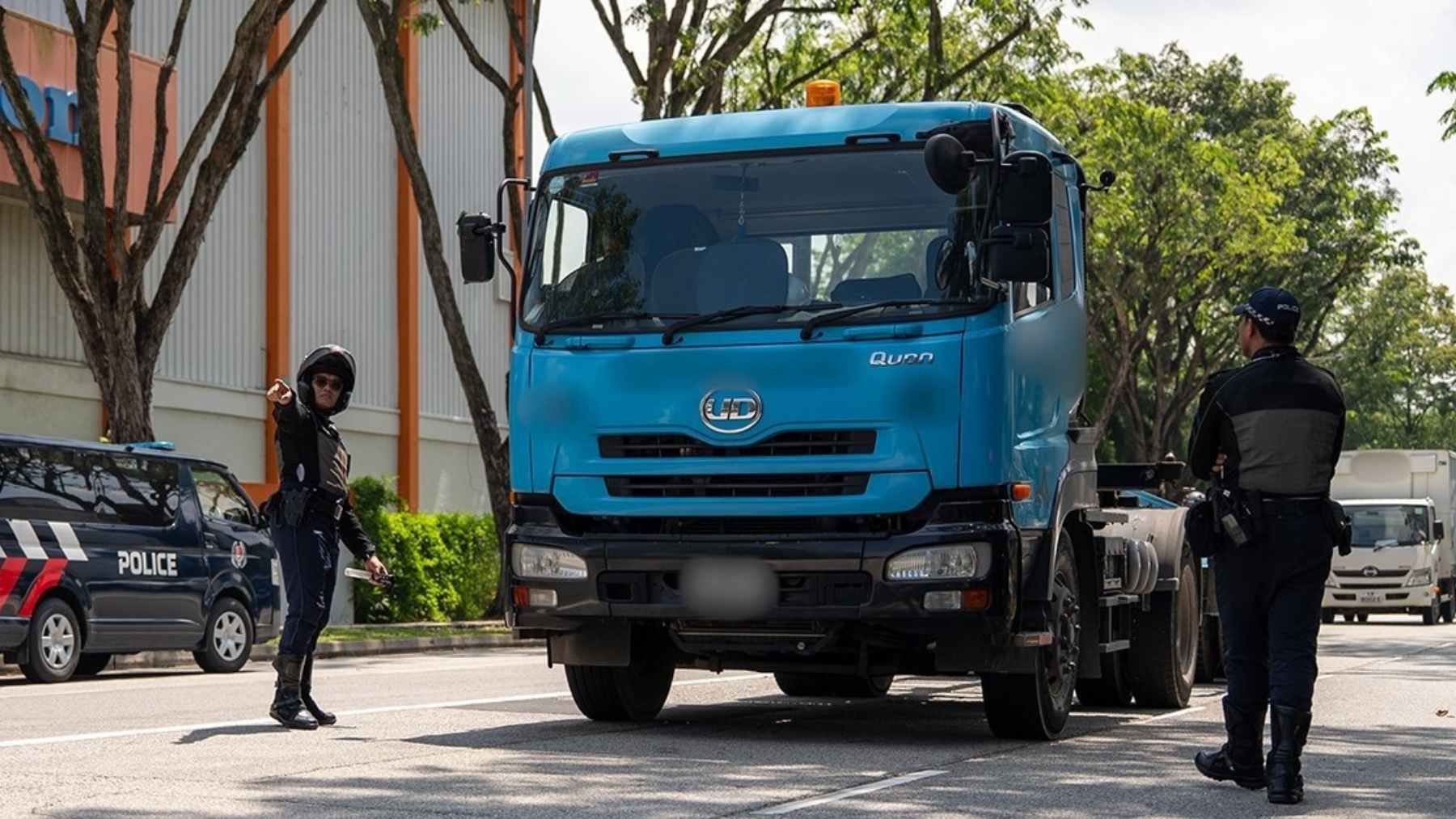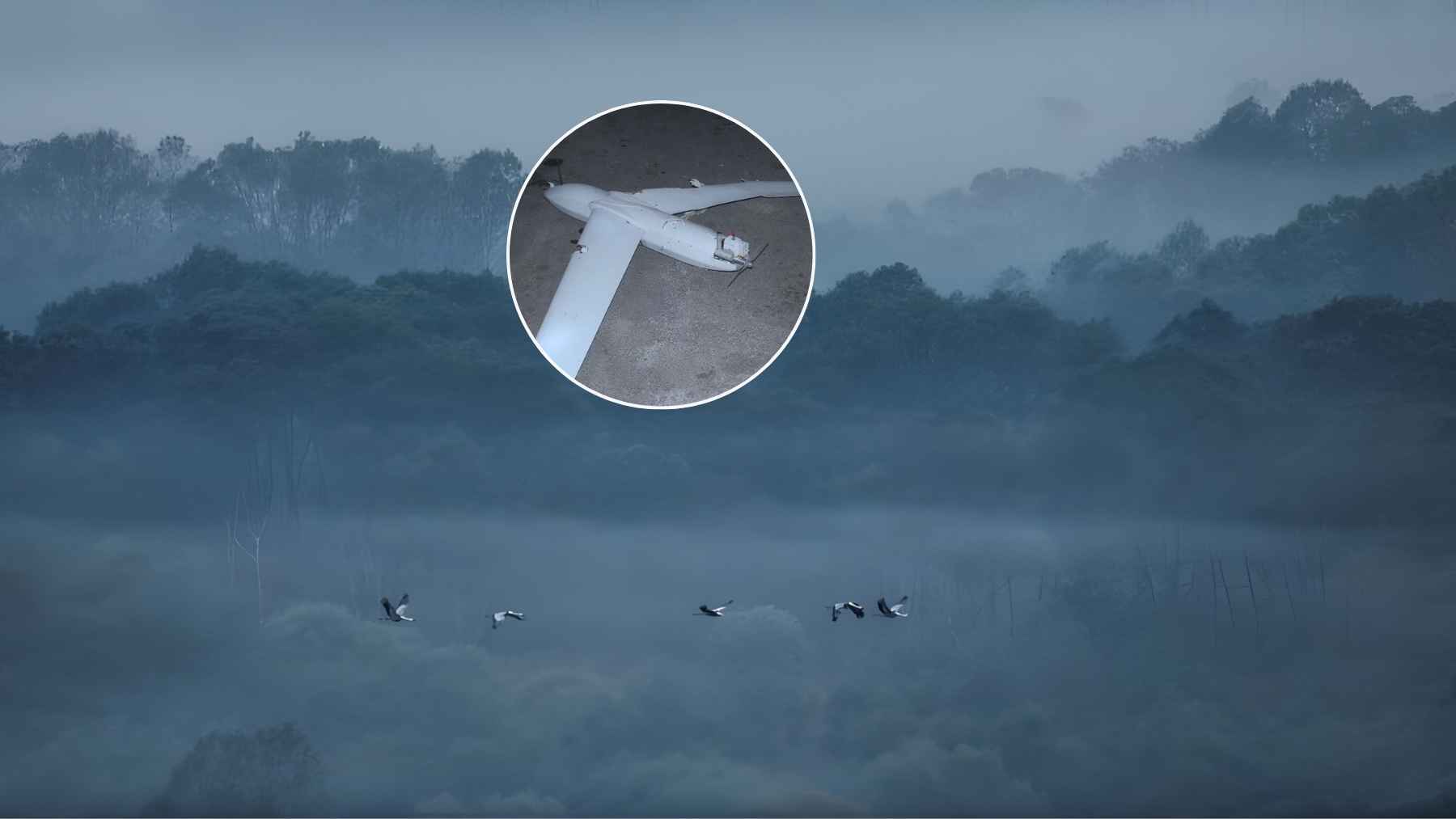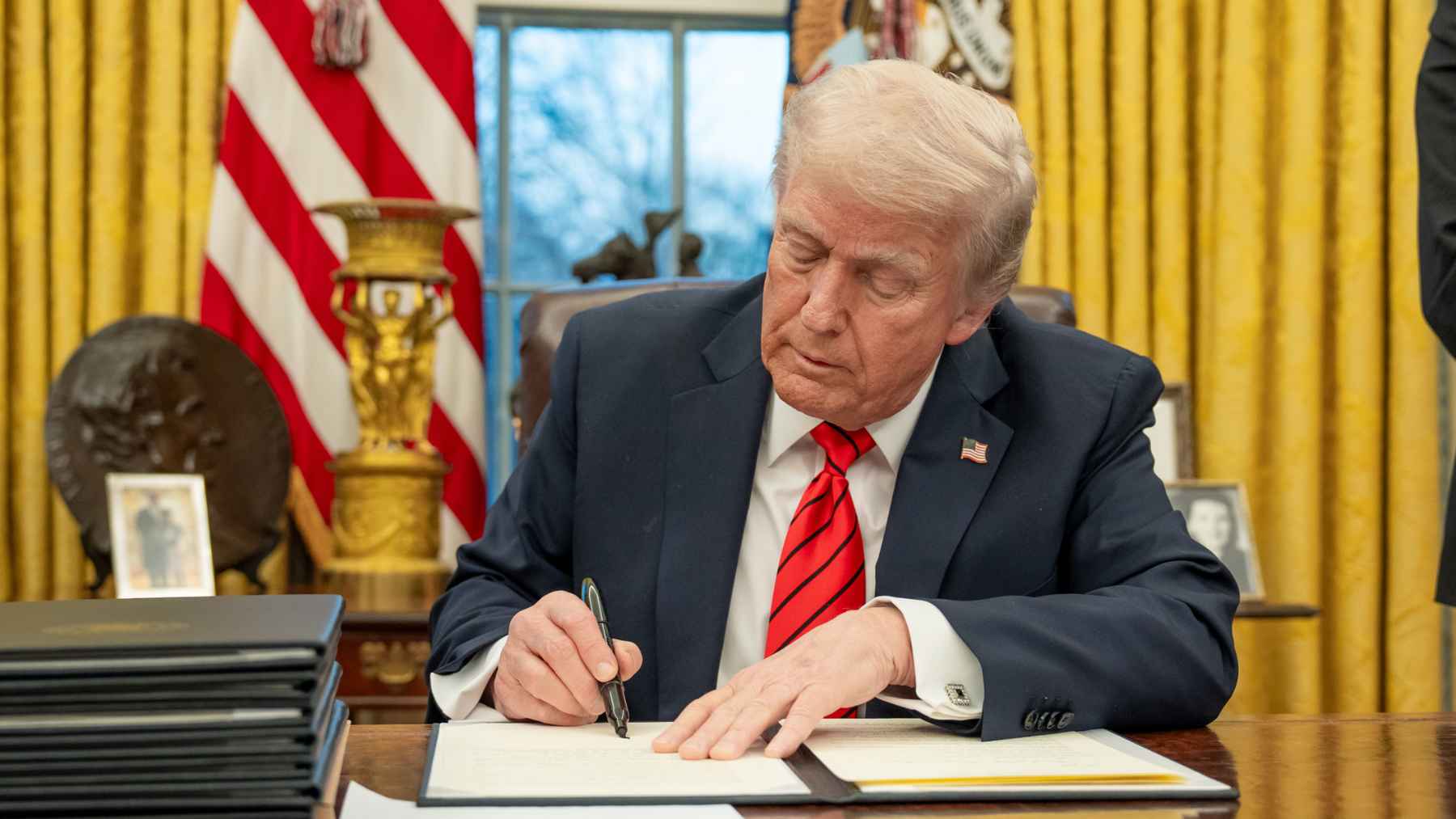The Trump administration caused substantial debate by cancelling its planned $400 million purchase with Tesla for bulletproof Cybertruck models. This procurement choice underwent extensive political negotiations while generating numerous conflicting records as it demonstrated the influence and power of high-profile individuals such as Elon Musk. We examine the complete picture of this decision, including its major effects.
The $400 million Tesla deal that vanished overnight
The State Department’s procurement document triggered controversy by revealing its intention to buy $400 million worth of armoured Teslas as diplomat transportation vehicles. The proposed change ignited speculation because it appeared to back a company owned by someone close to Trump. Documents from NPR show that Biden’s administration submitted a smaller proposal worth $483,000 for electric vehicles plus $3 million for supporting equipment despite the State Department claiming that Biden had initiated the procurement plan.
Media reports unveiled the agreement, causing the Trump administration to disband the contract. Officials processed an editing phase which converted “armoured Teslas” into “armoured electric vehicles” before the entire item vanished from the procurement document. The rapid changes to the procurement policy prompted accusations against the administration for political motivations while causing people to doubt the transparency of the acquisition process. The critics believe administration officials took such steps to remove themselves from dealing with a possibly contentious agreement.
Elon Musk’s double role: is there a conflict of interest?
Elon Musk’s operations as Tesla’s chief executive maintain a strong position within the Trump administration through his leadership of government-wide cost reduction initiatives. Musk’s dual position at Tesla has prompted worries about potential conflicts of interest, especially since he is working on the Tesla contract. Musk denies knowing about the proposed 400 million dollar figure even though critics remain skeptical about his dual position between government service and business operations.
People remain skeptical regarding the prospect of a conflict of interest situation causing disruption. Members of the ethical community have shown concern regarding the extent to which Musk influences governmental choices, which lead to advantages for his businesses. The situation has brought about negative public scrutiny because people doubt procurement transparency. The government’s withdrawal of the contract demonstrated a goal to avoid concerns, yet it exposed an urgent need for a better ethical framework between the public sector and private enterprises.
Armoured Cybertrucks for security? Experts say it’s unrealistic
Security experts remain doubtful about the implementation of Tesla Cybertrucks for diplomatic security purposes. Although it presents itself as a “futuristic battle tank,” the Cybertruck does not fulfill the demanding criteria needed to protect diplomatic individuals. Security experts have identified weight limits, battery operation, and resistance to hostile conditions as critical factors related to its performance.
Technical difficulties become major barriers to protecting the Cybertruck by adding armour to its frame. The vehicle’s battery performance suffers from additional weight because of armour installation, and this reduces its operating distance, especially in locations with minimal charging adapters. The “up-armoring” process proves expensive, suggesting that the $400 million cost estimate could represent the entire budget needed for the replacement of the State Department fleet. The implementation of armoured Tesla vehicles meets doubts about government security suitability because of practical limitations.
What this means for the future of electric vehicles in government
The choice to end the Tesla agreement produces significant effects on state procurement activities and influences how federal agencies will adopt electric vehicles. The abandonment of the Tesla contract features both integration concerns with established systems and necessary demands for transparent, ethical conduct in government contracts.
Although facing opposition, the initiative to transition federal vehicles to electric power shows no indication of slowing down. The Biden administration began implementing strategies to examine electric vehicle adoption, which will continue as an established practice. The dispute around the Tesla contract exposes the vital importance of executing proper planning to analyze both technical matters and moral dilemmas.
Future government procurement should learn from the Trump administration’s decisions regarding their Tesla contract selection. Technical feasibility, ethical practices, and transparency must take precedence to meet the public interest standards of government contracts. These lessons serve as foundational knowledge for upcoming electric vehicle decisions the government will need to make.
